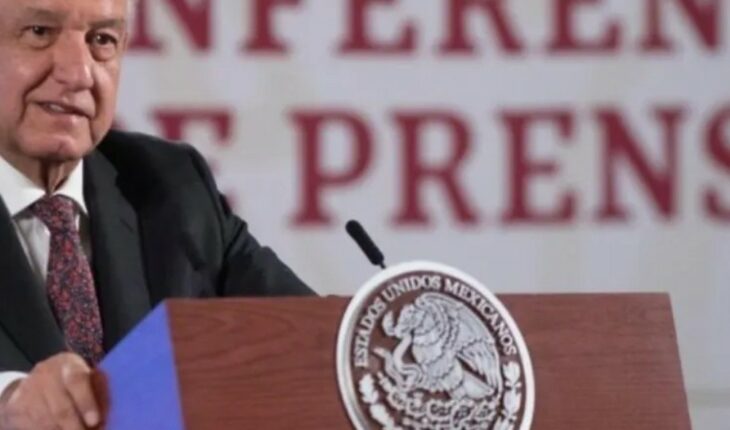“When you seek rescue, you end up trapped in your own weakness”
Deb CalettiMany times I have agreed with President López Obrador.I was, for example, on March 3, 2020 when he declared: “We are not going to rescue bankrupt companies. We are not going to apply the Fobaproa strategy… The one who has a responsibility has to assume it and has to be attended to judicially. This is what is going to be done.”
It has not been the only time he has refused bailouts. During the pandemic he dismissed the request to save Aeromexico. On May 8, 2020, he said: “If there is a bankruptcy of a company, then let the industrialist assume the responsibility or the partners, because the State has to protect everyone; it would be immoral to use the state to bail out bankrupt companies or financial institutions. We are not going to continue with the failed model of neoliberal bailouts.” I was and I agree 100 percent.
The president, however, seems to have forgotten his own words. This past June 10, he announced the rescue of Altán Redes, a firm that operates a wireless internet backbone. AMLO said: “I was bankrupt and they were given loans from Nacional Financiera in the last six-year term, but we made the decision to provide a resource to that company, which will allow us to have internet in all towns. It’s already from the nation.”
Yesterday the president returned to the subject: “If this company went bankrupt, it affected us a lot in the purpose of communicating Mexico with the internet, all peoples.” He boasted that the Deer Park refinery in Texas has had a profit of $400 million since Pemex bought the 50 percent that was not its own and suggested that the same could happen with Altán Redes.
The bailout, however, is a lousy idea that wastes public resources in a country that can no longer afford essential services, such as health. The firm will receive a loan of 161 million dollars from government banks, which will allow it to access others from shareholders, suppliers and customers to raise the total to 388 million dollars. The government itself has signaled that the purpose is to provide “free” internet, meaning it will become a permanent drag on public finances.
The original project of Altán Redes arose from an occurrence of the late PAN political scientist Juan Molinar Horcasitas, whom Felipe Calderón appointed secretary of communications without knowing the sector. Calderón’s own government ruled out the project, but the PAN demanded to incorporate it into the agreements of Enrique Peña Nieto’s Pact for Mexico. A public-private partnership was thus created that was intended to be profitable, but went bankrupt.
It is healthy to increase competition, but through investments from companies that really know the market and offer better prices and services. This was not the case of Altán Redes, who from the beginning was sheltered by official support. Rescuing it now, and also giving control to the government, is a double mistake. The move not only deals a blow to companies that have competed honestly, but opens up a black hole that will absorb more public money.
The comparison with Deer Park makes no sense. It is likely that this refinery has had profits in recent months, but not because of a good management of the new owner, but because of a spectacular increase in the international price of gasoline. I do not know the business plan of Altán Redes, because it has not been announced, but it does not help Mexico to have a new company rescued by the government. Petroleum
AMLO says U.S. gasoline prices are high because they “stopped investing in the oil industry.” It’s partially true, but Mexico has gone further by banning fracking, the technique that revolutionized hydrocarbon production in North America.
Original source in Spanish
Rescue companies
June 14, 2022 |





